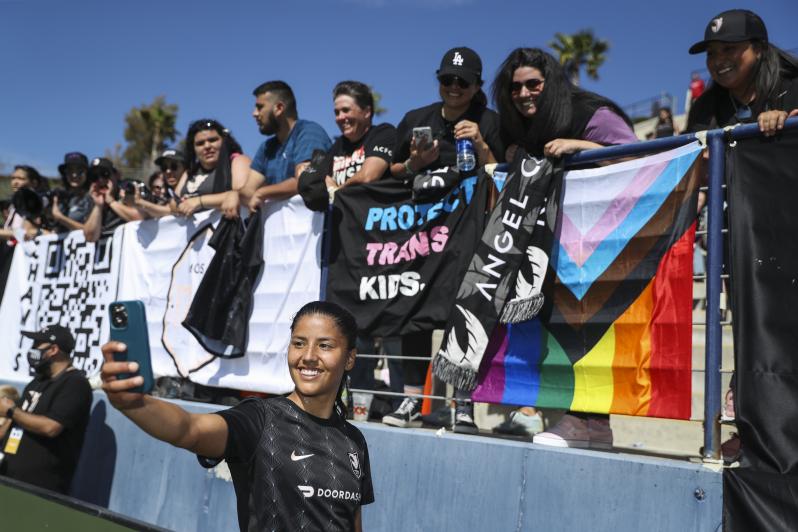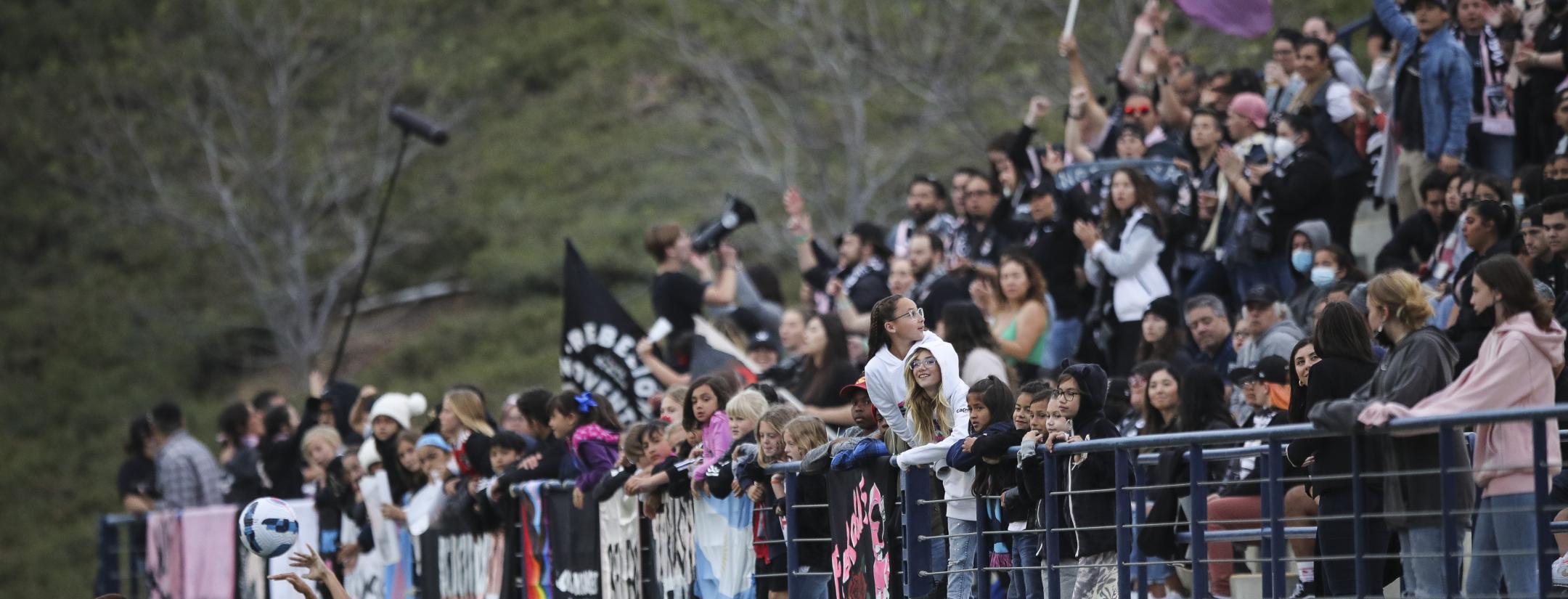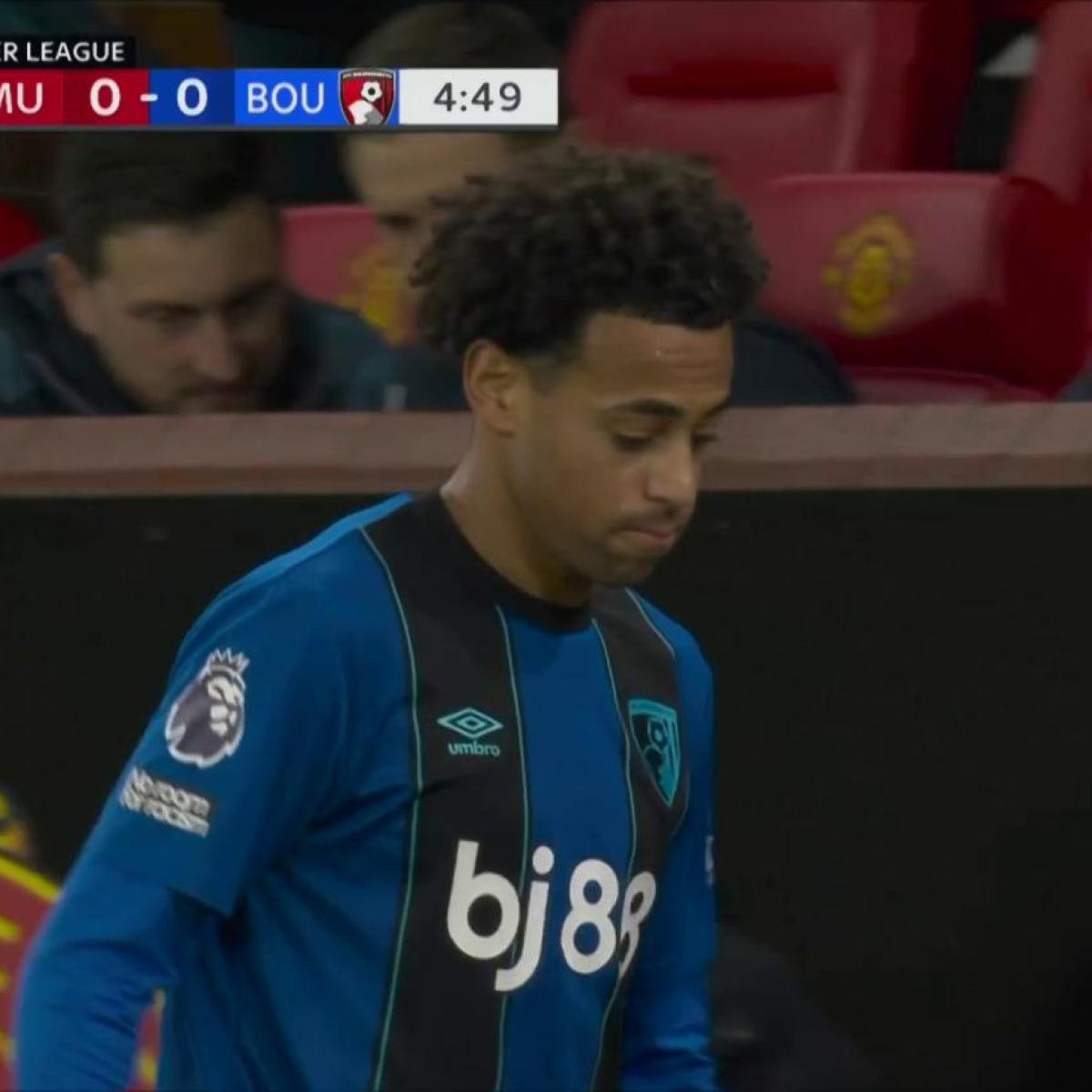As many states ban abortion across the United States, soccer fans could find more than their reproductive freedoms disappearing. They might also lose their ability to watch top-flight soccer.
NWSL commissioner Jessica Berman said this week full access to healthcare — including birth control, in-vitro fertilization and abortion — is one of the league’s values. As the NWSL seeks to increase by two teams up to 14 by 2024, states that deny women and those who may become pregnant full healthcare rights could find themselves left out of the growing women’s soccer party.
Speaking to the Associated Press after the NWSL board of governors met this week, Berman said reproductive freedom was a topic of discussion.
“It’s one of the things that we’re actually currently analyzing, which is looking even at our current markets to see where we have some differentiation between our values and what we stand behind relative to where we have teams located, and what are the solutions we can put in place that we feel comfortable we can commit to and execute on,” Berman told the AP. “Certainly, in the context of expansion that would be part of the analysis.”
Last month, the U.S. Supreme Court decided to abolish the right to reproductive freedom in the country. The sports world took notice, with players and organizations speaking out against the reversal of Roe v. Wade, perhaps none more poignantly than Megan Rapinoe.
Most Americans agree women and those who may become pregnant should be allowed access to abortion in at least some cases, but many states have decided to inflict all-out bans on the procedure. Such states that institute such laws could find themselves out of the running for NWSL expansion teams.
The NWSL finally expanded into California this year, with Angel City FC and San Diego Wave making, um, waves, in their first seasons. Both have had success on and off the pitch; the Wave currently top the league table while Angel City has the best attendance in the country.

NWSL players and fans are largely in support of human rights like reproductive freedom and LGBTQ+ rights. Photo: Getty Images
While Berman has said the league won’t add new teams next year, it does expect to add two teams by 2024, and more than 30 investor groups have expressed interest.
One of the leading candidates for expansion is Utah, which lost its NWSL team when owner Dell Loy Hansen was outed over allegations of being a racist, sexist asshole with a toxic workplace. (The Utah Royals effectively became the KC Current.) Berman’s comments this week, however, suggest Utah might not be given the opportunity to start a new franchise; the Beehive State has an abortion ban in effect after 18 weeks.
Other leading options for NWSL expansion include San Francisco/Bay Area, Columbus, Ohio, Atlanta, Austin, Cincinnati, St. Louis and Nashville. Of those, only the Bay Area bid is in a location where full access to healthcare is currently guaranteed. States like Georgia, Missouri and Texas have outright bans on all abortion, with no exceptions for rape or incest.
While many of the headlines about Berman’s quotes have focused on expansion, I read her quotes in a different light: relocation.
If the NWSL is serious about reproductive freedom, it cannot force its athletes to play in states where they are denied such rights. Currently, three of 12 NWSL teams — Houston Dash, Racing Louisville, Orlando Pride — play in states where abortion is either banned or heavily restricted, with two more — KC Current, N.C. Courage — in states where those rights could be stripped in the near future.
Beyond abortion, the recent SCOTUS ruling could lead to further restrictions on reproductive rights, including laws restricting birth control and in-vitro fertilization. Racing Louisville made history in 2021 by becoming the first NWSL club to offer IVF and fertility services, but Kentucky could rule those services are illegal.
Could the NWSL uproot these franchises to states where reproductive rights are protected? I’ve suggested in the past these things must be considered, just as the USWNT should consider not scheduling matches in states with radical laws. It’s unlikely the NWSL would be able to pull off such a move, but states like Minnesota, Colorado and Massachusetts would all be fine places for relocated clubs.
In a league where incoming players are divvied up by a draft with no real say in where they play, is it fair to have teams in states where players’ reproductive rights are not protected? Should the NWSL force players to live in states where they’re not considered equal to men?
The NWSL isn’t the only organization that must consider this. Major League Soccer and other men’s sports leagues need to have the same conversations, as reproductive rights aren’t strictly a women’s issue; it’s a human rights issue. Companies around the country have to decide if they think they can still recruit the best talent if they’re in a state where reproductive freedoms aren’t protected.
We’ll find out in the months and years to come how organizations like the NWSL react to living in a country where laws vary so greatly from state to state.




